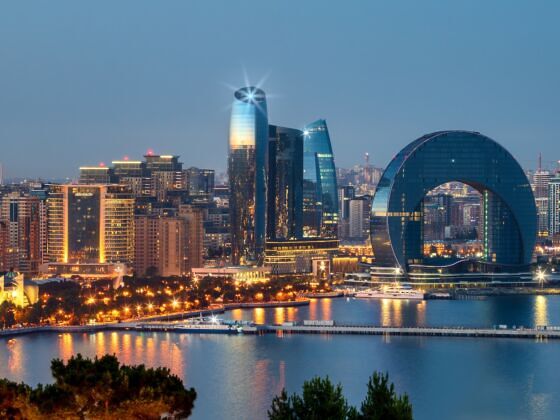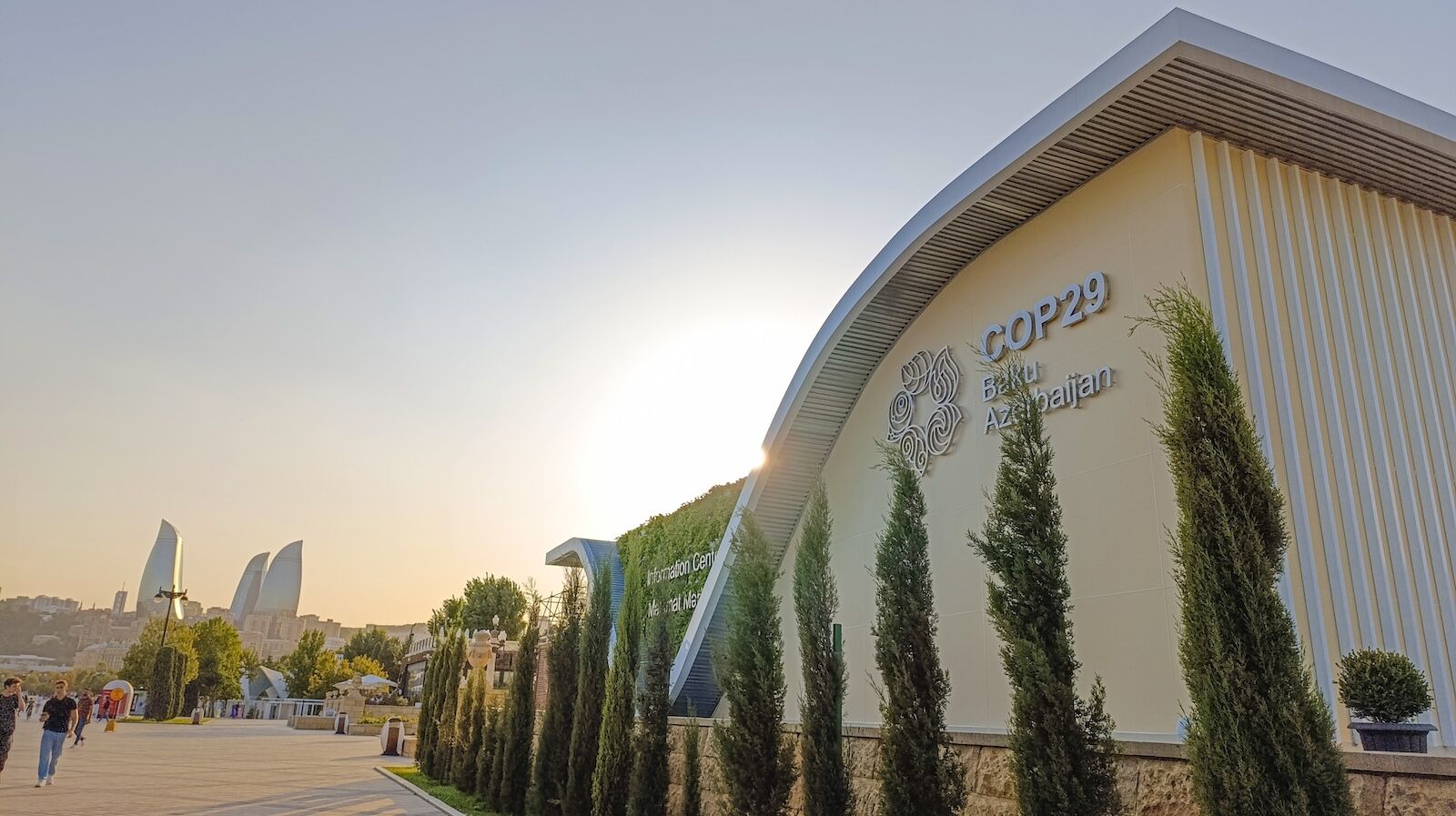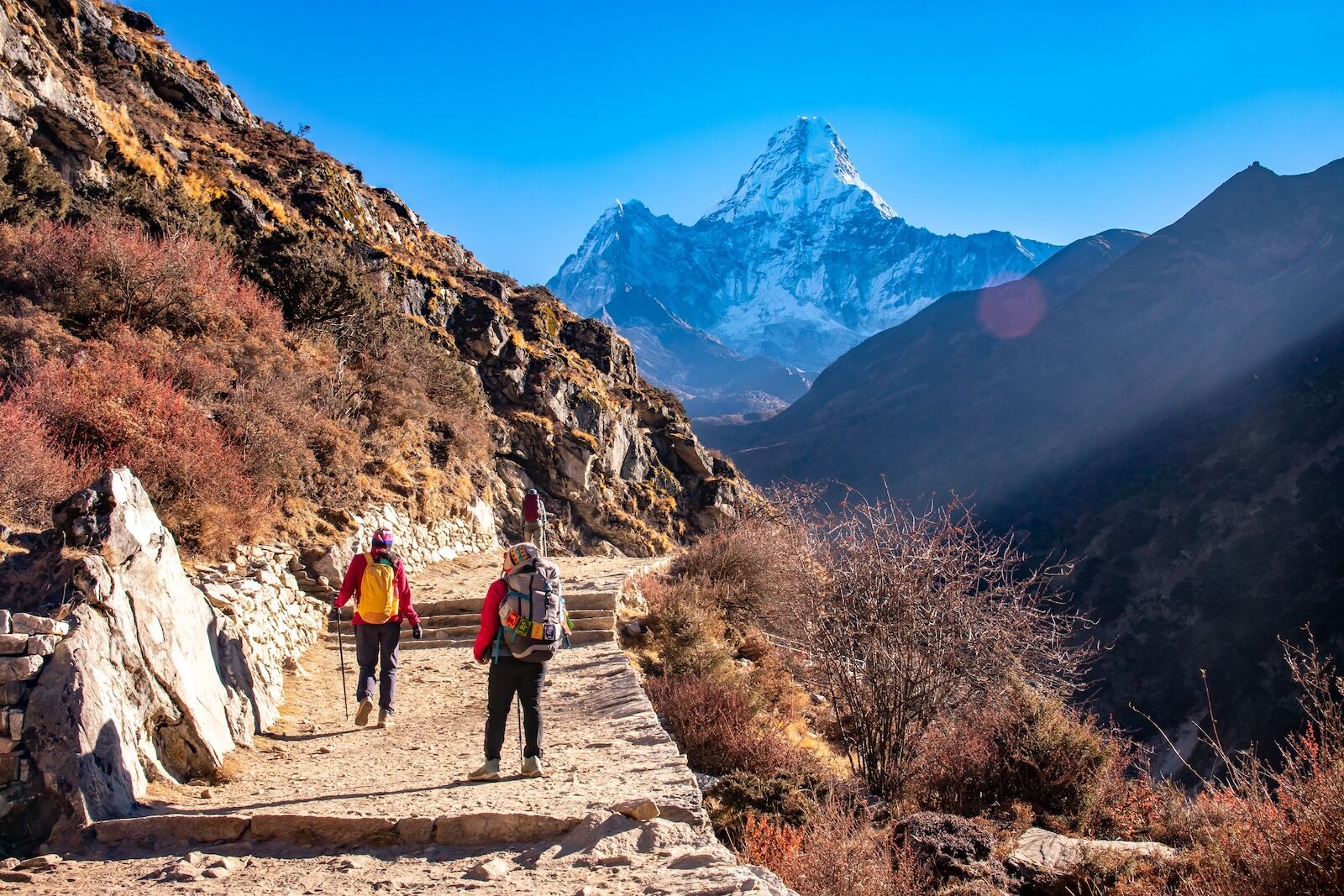The COP29 summit is behind us, having wrapped up its 12-day run in Baku, Azerbaijan, on November 22. Seeking to unite global governments and economies around the transition to renewable energy and preservation of the natural order, the summit instead narrowly avoided collapse. Even the resulting agreement, which saw wealthy nations triple their financial commitment to developing countries, required immense compromise and fell short of what experts believe is needed. The deal reached at the Baku summit requires wealthy nations to lead in raising $300 billion annually by 2035 to support climate action in developing countries. Given past performance and the less-than-binding nature of the agreement, there are significant doubts about whether even this goal will be realized.


World Leaders Failed to Properly Address Climate Change This Year. Responsible Tourism Can Help Fill the Gaps.
The takeaway for travelers is this: We can and must play a significant part in moving this goal forward. We cannot trust federal governments alone to solve the climate crisis, and instead must take matters into our own hands where we can. To do so, we must be diligent about where our travel dollars are going – especially when traveling in less-developed countries.
Here’s where it gets good, though. Traveling responsibly gets increasingly easier year over year, thanks to increased awareness of the importance of sustainable travel and the growing cohort of startup businesses committed to making it happen.
What happened at COP 29?

Photo: Zulfugar Graphics/Shutterstock
Despite securing a deal, the real challenge lies in translating these pledges into tangible financial support for vulnerable nations. Developing countries are increasingly vulnerable to the impacts of a warming planet, a matter made worse by the inability of wealthy nations – responsible for the bulk of historic emissions – to agree to provide proper funding to help mitigate its impacts.
The $300 billion annually by 2035 to support climate action in developing countries falls short of initial expectations. Additionally, the agreement only voluntarily encourages other donors, including China and private investors, to contribute towards a more ambitious goal of $1.3 trillion.
As such, COP29 will widely be viewed as a failed exercise. Rather than the groundbreaking agreement and diplomacy the world needs right now, we witnessed a petrostate host praising fossil fuels as a “gift from God” amid accusations of backdoor promotion of fossil fuel deals taking place onsite and visibly decreased authority and leadership from the country that has polluted the most.
“The commitments made in Baku — the dollar amounts pledged and the emissions reductions promised — are not enough. They were never going to be enough,” Ralph Regenvanu, climate envoy from the island nation Vanuatu, told Semafor. “And even then, based on our experience with such pledges in the past, we know they will not be fulfilled.”
What role do travelers play going forward?

Photo: sumankyal /Shutterstock
As a travel editor, I firmly believe that travel has the power to open minds to the inalienable dignity of life everywhere on this planet. More importantly, as a concerned citizen, I believe that the dollars spent to gain that wisdom can and should simultaneously take root in the places we visit, supporting conservation-minded tourism economies centered around the responsible protection of land and wildlife, the preservation of diverse cultures and cuisines, and the awareness that we’re all in this together.
If you take this stance as I do, it’s easy to see that travelers can yield significant leverage. Using our dollar and time to enact positive change is inspiring, and it’s also our duty. Traveling responsibly provides better travel experiences while putting money into the right place. This, in turn, builds resilient economies in the right way. One recent example is Namibia, a compelling – and fluid – example of how tourism can drive conservation efforts. By empowering local communities through its Community-Based Natural Resource Management Programme (CBNRM), Namibia, its residents, and its visitors have helped develop a long-term commitment to responsible tourism that has generated millions of dollars for wildlife conservation, habitat protection, and anti-poaching initiatives through the Community-Based Natural Resource Management Trust Fund. Simultaneously, these efforts have highlighted Namibia’s rich cultural and culinary heritage, particularly those of the San people and the Himba tribe. Travelers must eat, after all, and visiting wild and remote landscapes like Etosha National Park requires at least some interaction with the communities that live near and protect the area.
“Thinking about the manner in which travel dollars are spent matters now more than ever,” Alexis Bowen, co-founder of tour operator Elsewhere by Lonely Planet, told Matador via email. Elsewhere specializes in tours led by local guides that showcase a community or place as it is, and as it wishes to be seen. The company’s tours are as nimble as the guides and travelers that experience them – a fact rooted in the fluid nature of areas both vulnerable and established.
Bowen encourages travelers to consider not just where they go and how they spend, but how they arrive to place and how long they spend there.
“What we need to remember is that sustainability is a spectrum and it cannot be looked at through a binary lens,” Bowen says. “Take flying for example, eliminating air travel altogether isn’t practical, but thinking intentionally about flying, when you choose to fly and how frequently, can have a huge impact. Prioritize slow travel in a bid to make the most of each flight. Some things we can ask ourselves – am I being extractive in my travels? And how can I best offset that by empowering local communities?”
She notes that 1 in 10 people globally work in tourism – and for many communities served by Elsewhere and other boutique operators, tourism is a primary source of income, as seen in the Namibia example discussed above. Bowen offered ideas about specific actions travelers can take.
- Choose to support the right businesses.
- Support initiatives that feed back to the local economies.
Prioritize local at every turn. Seek out locally owned restaurants, stay in locally owned accommodations, and - book activities with local providers.
- Lean toward activities that are enriching, but don’t environmentally degrade the land.
- Choose alternatives to well-trodden hot spots or visit peak attractions in off-peak season or off-peak hours. Overtourism distorts the social contract between travelers and local people in what should be a balanced relationship. When that balance gets out of sync, it becomes difficult for tourism to have a positive impact on local economies and in the hearts and minds of locals.
In short, research the tour operators, accommodations, and other facilities where you spend money while traveling to ensure they are locally owned and environmentally conscious. We can’t be perfect every time, but a modicum of effort can notably move the needle in the right direction.
The role travel played at COP29

Photo: Rustamli Photos /Shutterstock
On November 20, the COP 29 agenda included a segment called the Presidential Initiative on Enhanced Climate Action in Tourism, the first time such a focus on travel was included in the summit. Its goal, according the United Nations World Tourism Organization, was to “enhance the positioning of tourism climate action globally as a sectoral policy supporting national climate goals.” This signifies that the UN and global delegates understand the impact travel can have and the importance of it being done in a responsible manner.
The “Tourism Day,” as it was dubbed, sought to strengthen the Glasgow Declaration on Climate Action in Tourism, which seeks to halve emissions in the travel sector by 2030 en route to “net zero” by 2050. It’s going to take all of us to make this happen – and it just might be COP 29’s best chance at a successful outcome. We can make that be so.
“Remember that 80% of low-income countries rely on tourism as a means of improving their economic situation,” Bowen says. “These are the places that need tourist dollars the most, but in order to actually positively impact these host communities, travelers need to be conscious of how their dollars are spent.”